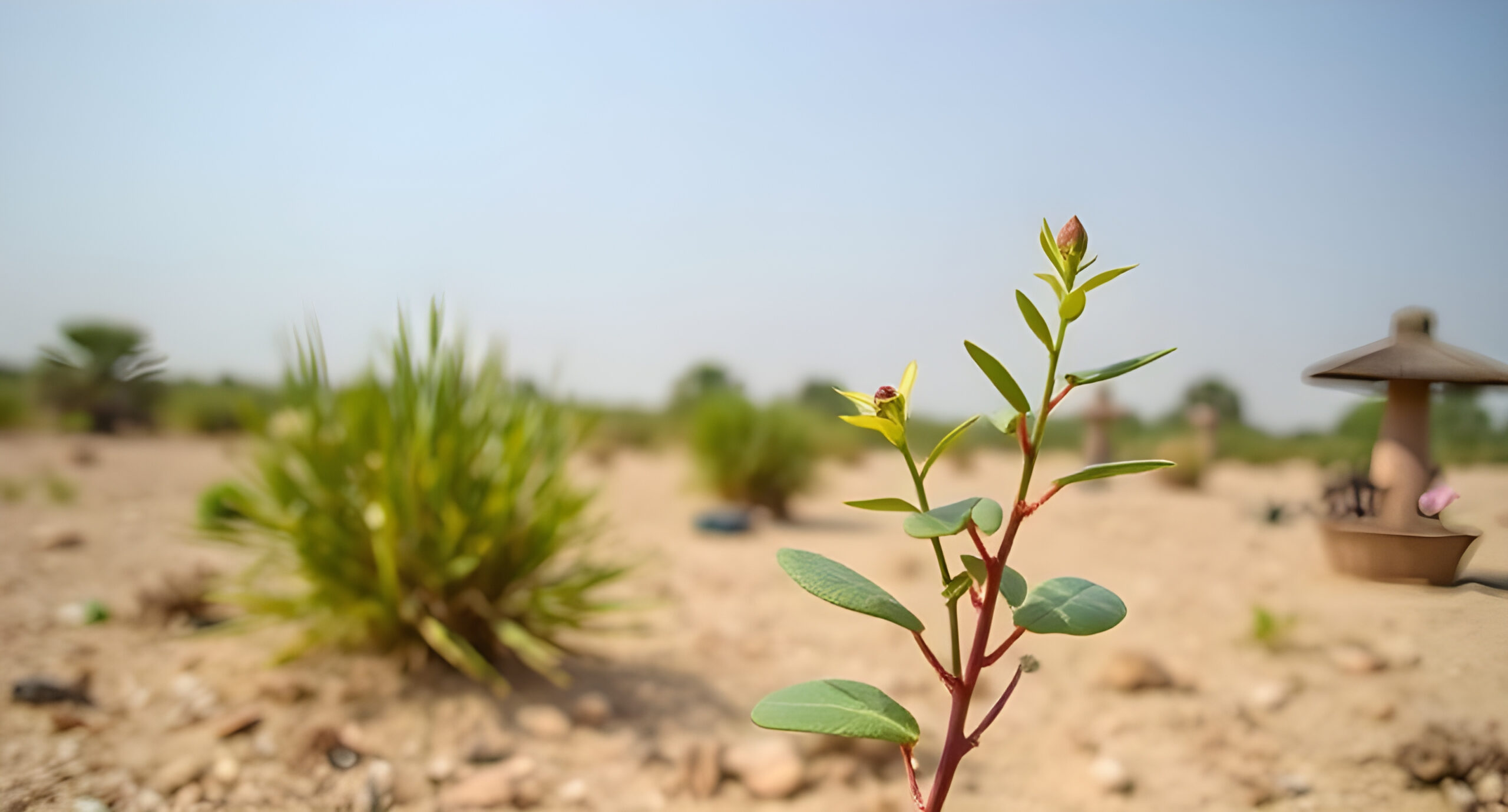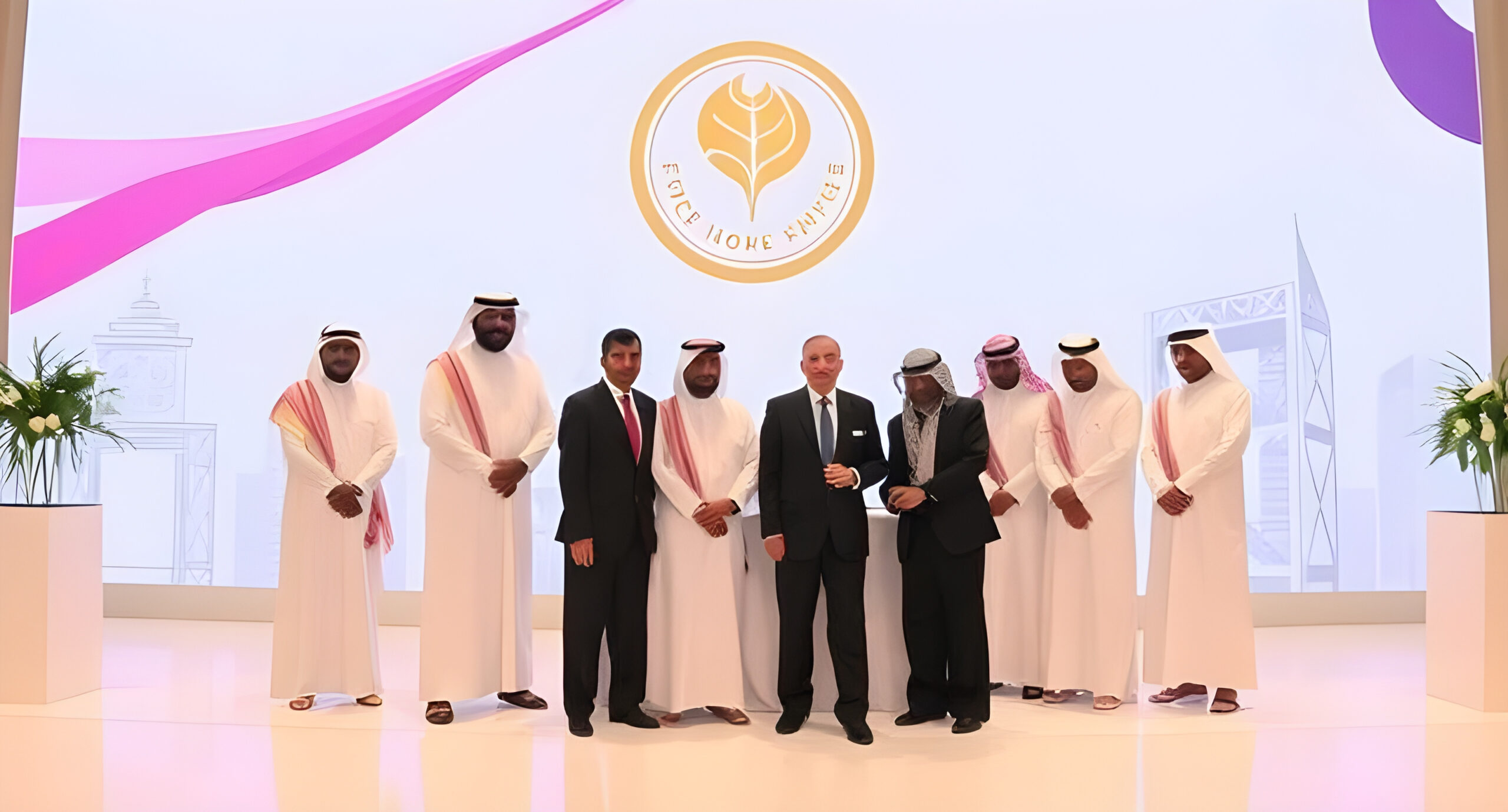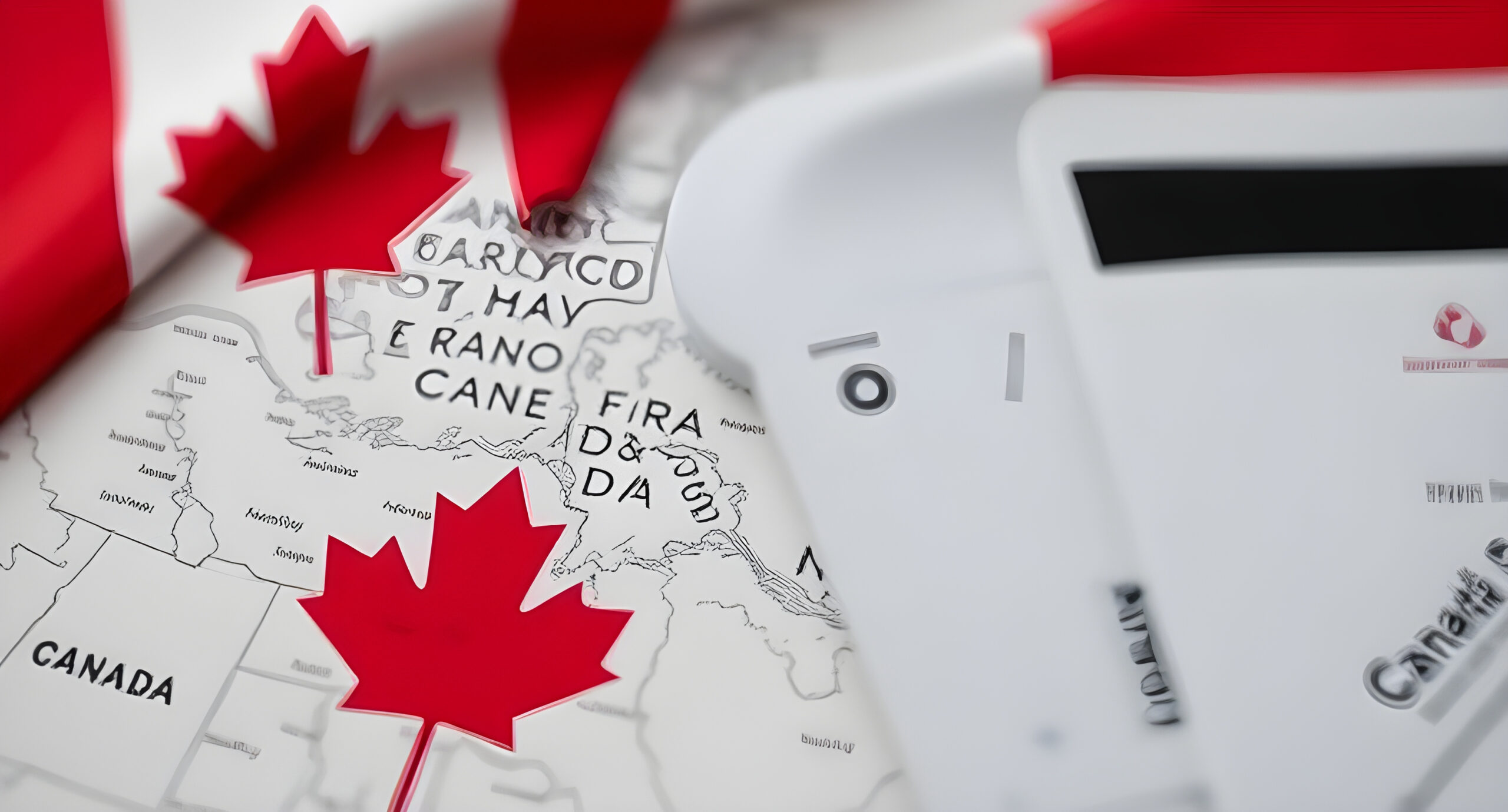Sharjah has made a significant breakthrough in botanical research with the discovery of three plant species never before recorded in the UAE. The Environment and Protected Areas Authority (EPAA) in Sharjah announced that the newly identified species include Dactyloctenium australe, also known as Durban Crowfoot Grass, and two new varieties of Neurada procumbens: Neurada procumbens var. stellata and Neurada procumbens var. al-eisawii. This achievement underscores the EPAA’s commitment to scientific research and biodiversity conservation, highlighting the importance of preserving the UAE’s wild flora.
The discovery is a result of meticulous scientific exploration using advanced research techniques. The field team from the Sharjah Seed Bank and Herbarium conducts regular expeditions to explore, collect, analyze, and document wild plant species and seed samples. This work not only reinforces national efforts to protect biodiversity but also addresses environmental challenges by expanding scientific knowledge of native plant species.
The Sharjah Seed Bank and Herbarium, launched in Al Dhaid, plays a pivotal role in preserving rare wild and desert plant species in the UAE. It contributes significantly to developing a comprehensive database on plant biodiversity, facilitating the discovery and documentation of new plant species. The initiative also publishes scientific research in international journals, updating the Arabian Peninsula’s plant registry and the Red List of endangered plant species. This work strengthens national efforts in preserving the UAE’s natural resources and fostering sustainable environmental conservation.
Hana Saif Al Suwaidi, Chairperson of the EPAA, emphasized the importance of this discovery, noting that it opens new avenues for future scientific studies on the ecological role of these species within desert environments. The dedication of the Sharjah Seed Bank and Herbarium team has been instrumental in enhancing research collaboration at both local and international levels, contributing to global botanical research.
The Sharjah Seed Bank and Herbarium’s efforts are part of broader conservation initiatives aimed at safeguarding the UAE’s flora. By documenting rare and previously unrecorded wild plants, they contribute to global plant conservation efforts. This work aligns with the Convention on Biological Diversity’s Global Strategy for Plant Conservation, emphasizing the importance of preserving plant diversity for future generations.
The discovery of these new plant species highlights the UAE’s commitment to environmental conservation and scientific research. It demonstrates the country’s proactive approach to addressing biodiversity challenges and its role in advancing global botanical knowledge. Through such initiatives, the UAE continues to strengthen its position as a leader in environmental conservation in the Middle East.
The Sharjah Seed Bank and Herbarium’s work is not only significant for the UAE but also for the broader region. By preserving and studying native plant species, they provide valuable insights into the ecological dynamics of desert environments. This knowledge can be crucial for developing strategies to protect and restore ecosystems, ensuring the long-term sustainability of natural resources.
In conclusion, the discovery of these new plant species in the UAE is a testament to the country’s dedication to scientific research and biodiversity conservation. It underscores the importance of collaborative efforts in advancing our understanding of the natural world and in preserving its richness for future generations.





